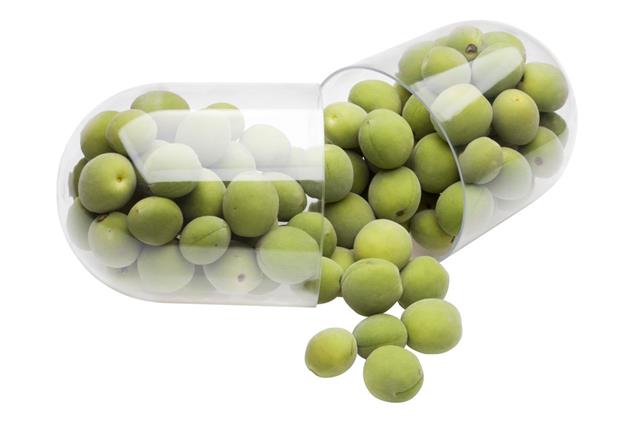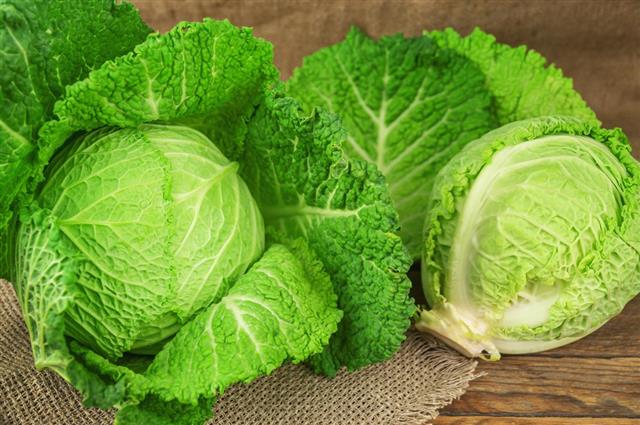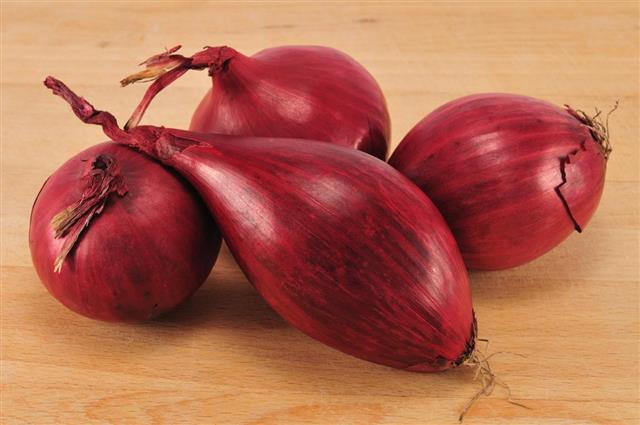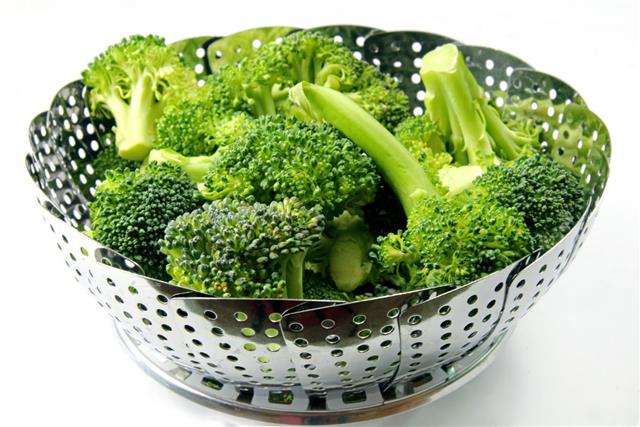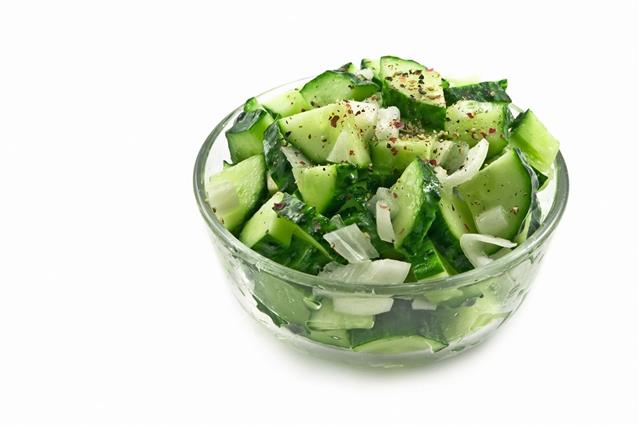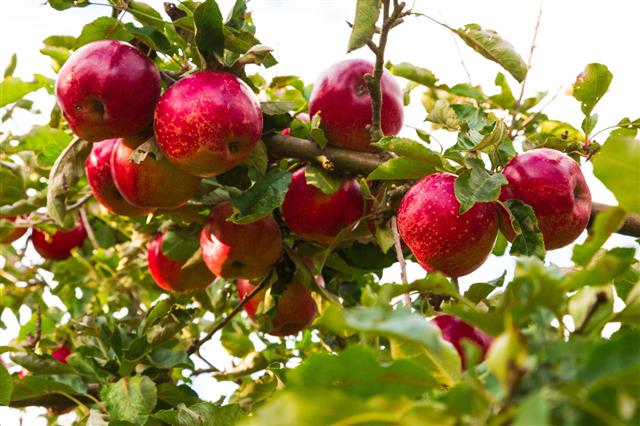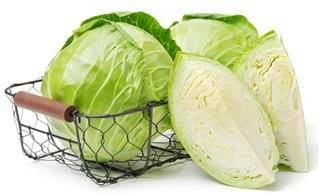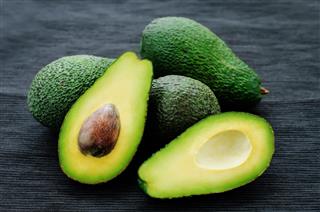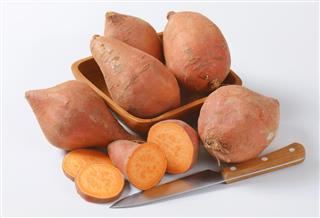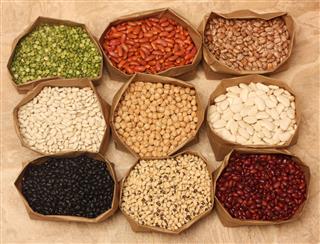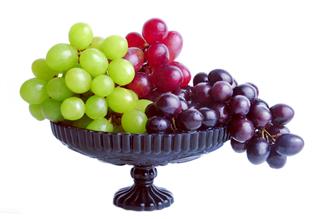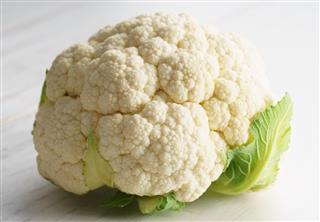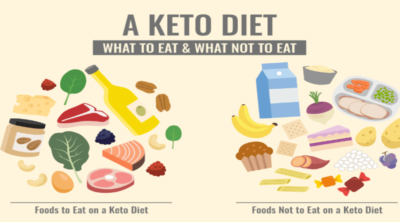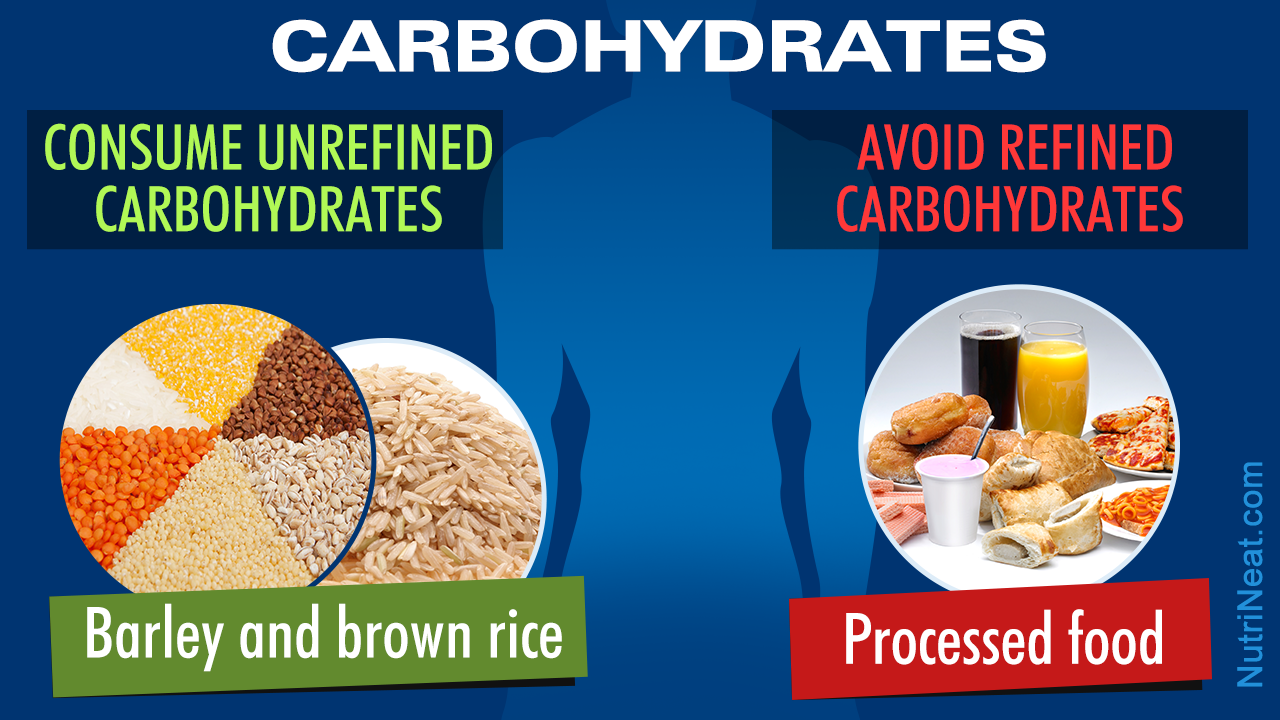
Carbohydrates provide the energy required for smooth functioning of the body. Take a look at the carbohydrate chart in this article. It can help keep a check on the number of carbs in your diet. Read on, to know the significance of healthy carbs in your diet.
Carbohydrates are present in all types of vegetables, fruits, and grains. The percentage of carbohydrates present in each food item is taken into consideration while planning a diet. Carbohydrates are considered bad or as ‘the thing to avoid to lose weight’. This has given rise to a whole lot of diets from low carb diet to no carb diet! But the fact is that we need carbohydrates for a proper functioning of the body and for acquiring energy needed for every physical activity. The carbohydrate chart presented below describes the amount of carbohydrates present in different food items.
Simple Vs. Complex Carbohydrates
Types of carbohydrates: simple and complex. Both types of carbs can be included in your diet, but in right proportion; if you want good weight & optimum health. Simple carbs are made up of basic sugar while complex carbs are made up of starches. Simple carbs or sugars break down into glucose immediately and offer instant energy to different parts of your body through blood. Complex carbs need more time for breaking down into energy and so are able to supply constant energy for a longer period.
Carbohydrates can also be classified as refined and unrefined carbohydrates. Highly processed food contains refined carbs that are low in the natural nutrients like fibers, vitamins, and minerals. Refined products are generally devoid of all nutrients and fiber, so it is better to avoid such products. Various artificial chemicals and sugars are often added to them. Therefore, limited consumption of refined carbs is advised. Carbohydrates that are in their natural state (in fruits and vegetables) are called unrefined carbohydrates. You should consume more unrefined carbs because they contain all the naturally occurring nutrients that are essential for proper body metabolism. Fiber helps prevent severe fluctuations in blood sugar levels. It improves the digestive health of the person. You should consume about 20 to 45 grams of dietary fiber every day. To get the required amount of fiber, you need to consume unrefined carbohydrates. Brown rice, beans, barley, bran cereal, lentils, millet, couscous, wheat/whole grain bread and cereals, vegetables, fruits, oatmeal, herbs, lamb, poultry, and other whole grain products contain complex/unrefined carbs. Low fat dairy products can also be included in the list of healthy carbs.
Simple sugars are present in milk, molasses, fruits, refined sugar while complex starches are present in whole grain products. Simple carbs get stored while complex carbs do not get stored over a period of time. Moreover, when not burned adequately, simple carbs can lead to serious health problems. As ‘generating energy’ is an important carbohydrates function, you should have enough carbs in your diet.
Carbohydrates In Vegetables
| Vegetables | Serving | Carbs |
| Artichoke | 1 | 13.4 g |
| Asparagus | 6 spears | 3.8 g |
| Beans | 1/2 cup | 4.9 g |
| Broccoli | 1/2 cup | 3.9 g |
| Cabbage | 1/2 cup | 1.9 g |
| Cauliflower | 6 florets | 4.4 g |
| Carrot | 1 medium | 7.3 g |
| Cucumber | 1/2 small | 2.5 g |
| Collards | 4 oz | 7.3 g |
| Celery | 1 stalk | 1.5 g |
| Eggplant | 1/2 cup | 3.3 g |
| Endive | 1/2 cup | 1.8 g |
| Leek | 1 | 12.6 g |
| Lettuce Butterhead | 1 cup | 1.3 g |
| Lettuce Romaine | 1 cup | 1.3 g |
| Mushroom Portobello | 1/2 cup | 1.4 g |
| Onion | 1 | 9.5 g |
| Peas | 1/2 cup | 9.9 g |
| Peppers | 1 | 4.8 g |
| Potato Sweet | 1/2 cup | 22.4 g |
| Potato White | 1/2 cup | 15.4 g |
| Pumpkin | 1/2 cup | 9.9 g |
| Spinach | 1/2 cup | 1.1 g |
| Squash | 1/2 cup | 10.8 g |
| Tomato | 1 small | 4.2 g |
| Zucchini | 1 small | 5.7 g |
*The above-mentioned values are approximate.
Carbohydrates in Fruits
| Fruits | Serving | Carbs |
| Apple | 1 medium | 21 g |
| Apple sauce | 1/4 cup | 6.9 g |
| Apricot | 1 | 3.9 g |
| Avocado | 1 | 14.9 g |
| Banana | 1 small | 23.7 g |
| Blueberries | 1/4 cup | 5.1 g |
| Cantaloupe | 1/4 cup | 3.3 g |
| Cherries | 1/4 cup | 4.8 g |
| Fig | 1 | 9.6 g |
| Grapes | 1/4 cup | 7.1 g |
| Lemon juice | 1 tbsp | 1.3 g |
| Orange juice | 1/2 cup | 13.4 g |
| Kiwi | 1 | 11.3 g |
| Mango | 1/4 cup | 7 g |
| Peach | 1 medium | 10.9 g |
| Pear | 1 medium | 25.1 g |
| Pineapple | 1/4 cup | 4.8 g |
| Plum | 1 | 8.6 g |
| Raspberries | 1/4 cup | 3.6 g |
| Strawberries | 1/4 cup | 2.7 g |
| Tangerine | 1 | 7.8 g |
| Watermelon | 1/4 cup | 2.8 g |
*The above-mentioned values are approximate.
A diabetic diet is a low-carb diet, so a diabetic carbohydrate chart will obviously contain low carb foods only. Consumption of simple carbs or high carb foods may lead to severe fluctuations in blood sugar levels. So, if you are diabetic, you should avoid such foods.
The above charts are beneficial for those who wish to maintain their weight. A diet that does not contain carbohydrate can cause muscle breakdown, ketosis, and dehydration. Remember, complex carbs that provide you the necessary vitamins, minerals, and dietary fiber should be incorporated into a healthy diet. You may consult your physician and undergo certain tests before determining the daily carbohydrate intake for you.

